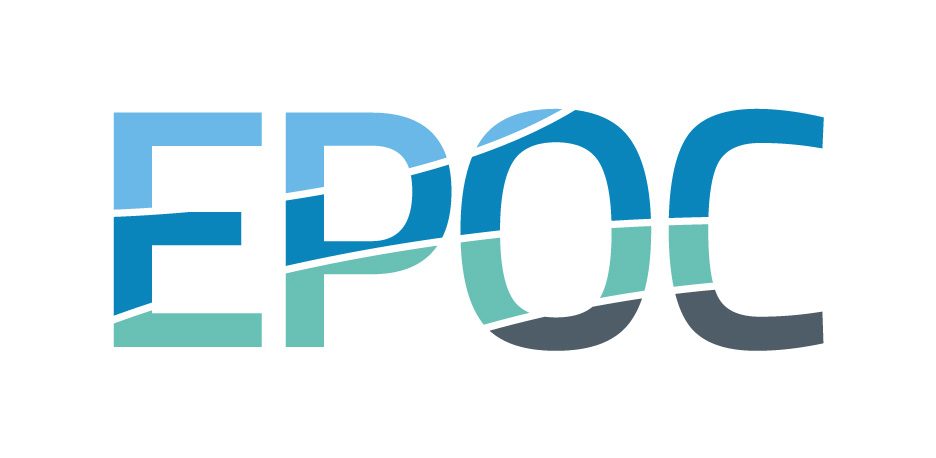
|
UMR CNRS 5805 EPOC
Environnements et Paléoenvironnements Océaniques et Continentaux |
English Version |
| AccueilEvénementsRecrutementsAccèsLiensPlan du Site | |
| > Evénements > Informations | |
|
Consignes de Sécurité et Numéros d'Urgence
(à l'usage des personnels du laboratoire) |
Séminaire Environmental impacts of antifouling paint particles in the marine environment Date le 15-06-2009 à 10:45
Résumé Fragments of paint particles derived from boat maintenance activities or from the corrosion of applications in situ represent a highly significant yet poorly understood source of metallic and organic contaminants in estuaries. Discarded paint fragments that are visible in boatyards and on slipways are highly enriched in Cu and Zn and many other trace metals. Metals are readily leached into estuarine water at rates dependent on a variety of environmental conditions; some metals are also released in hydrophobic, lipophilic form. Metals are also accessible to invertebrates whose diet is dominated by particulate matter and incubation studies indicate uptake of Cu, but not Zn, from particles administered to filter- and deposit-feeding organisms. Results of semi-quantitative, gravimetric analysis of spent paint particles in estuarine sediment samples reveal that, in many intertidal and benthic environments, antifouling residues may represent the most important contemporary source of metal contamination. |
|
UMR CNRS 5805 EPOC - OASU - Université de Bordeaux Allée Geoffroy Saint-Hilaire - CS 50023 - 33615 PESSAC CEDEX - FRANCE | Dernière mise à jour : 18 Décembre 2023 | Contacts | Mentions Légales | © 2006-2024 EPOC | |